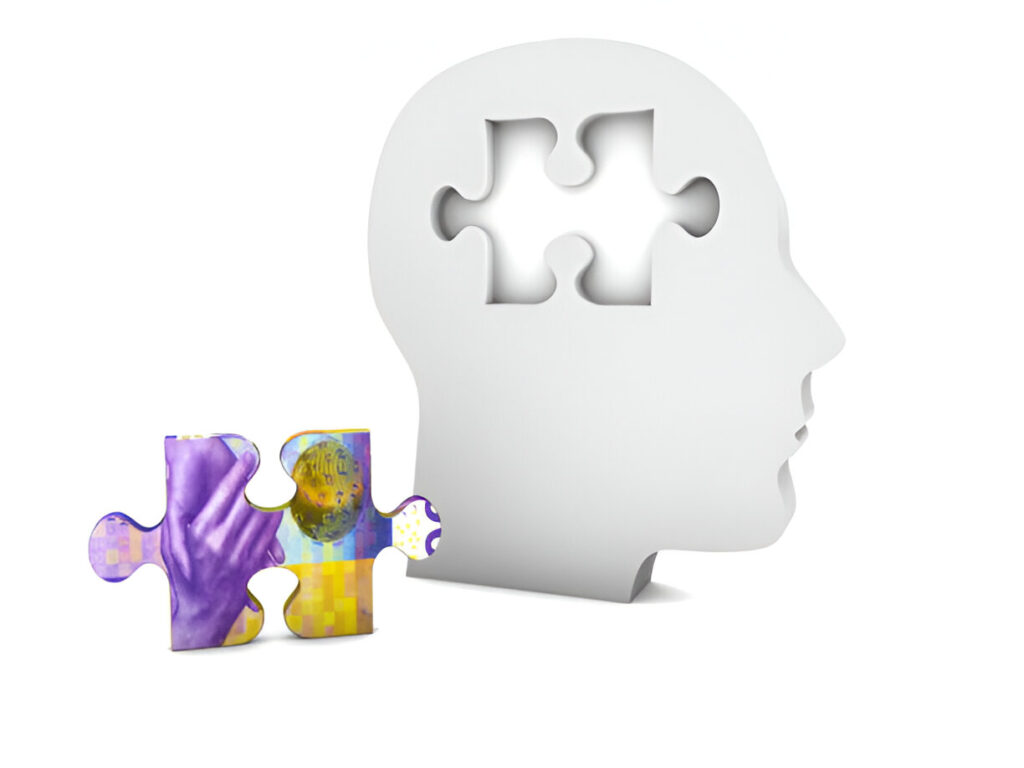In the landscape of neurological conditions, confusion often arises between Alzheimer’s disease, a specific illness, and dementia, a broad syndrome encompassing various cognitive impairments. The nuances between Alzheimer’s disease and other forms of dementia are substantial, affecting diagnosis, treatment, and management. Understanding these differences is crucial for patients, families, and caregivers as they navigate the complexities of these conditions. Below, we delve into the crucial distinctions, helping to clarify the unique aspects of Alzheimer’s compared to other dementia disorders.
Exploring the Broad Spectrum of Dementia as a Syndrome
Dementia is not a single disease but rather a syndrome that encompasses a wide range of cognitive impairments. It results from various diseases and injuries that affect the brain, such as Alzheimer’s disease, vascular dementia, Lewy body dementia, and frontotemporal dementia. While memory loss is a common symptom, dementia may also involve thinking, problem-solving, and language difficulties.
Each type of dementia has its characteristics. For instance, vascular dementia, the second most common type, often follows a stroke or series of strokes leading to brain damage. Symptoms can appear suddenly or gradually and commonly include problems with planning, judgment, attention, and language.
Lewy body dementia features the presence of abnormal protein deposits called Lewy bodies in the brain, leading to issues with movement, hallucinations, and fluctuating attention. Frontotemporal dementia generally affects younger people and is marked by personality changes, erratic behavior, and language difficulties. The variety in causes and symptoms means treatment must be tailored to the individual’s needs.
Defining dementia requires understanding its multidimensional nature. Recognizing the signs and symptoms associated with different forms of dementia aids in accurate diagnosis and better care management. For those seeking more in-depth information, learning the difference between Alzheimer’s disease and dementia is a crucial step in increasing awareness.
Key Symptoms that Differentiate Alzheimer’s Disease from Other Dementia Disorders
While memory loss is a primary symptom of Alzheimer’s disease, other forms of dementia may present with different initial symptoms. For example, those with vascular dementia often experience impaired judgment or difficulty planning and organizing rather than memory loss. This is due to the pattern of brain damage typically associated with blood flow problems affecting specific brain areas.
Other vital symptoms differentiating Alzheimer’s from other types, such as Lewy body dementia, include visual hallucinations and a higher level of daytime drowsiness. These symptoms arise from the unique brain changes triggered by the formation of Lewy bodies. Moreover, motor skill challenges are more pronounced in Lewy body dementia compared to Alzheimer’s, where cognitive decline predominates in the early stages.
Frontotemporal dementia distinctively affects personality and behavior rather than memory, especially in its earlier stages. Patients might exhibit socially inappropriate behavior, overeating, apathy, or a lack of empathy, which are not typically seen initially with Alzheimer’s disease. Variations in language and speech can also be evident in frontotemporal dementia, often preceding memory problems.
Understanding these key symptoms is vital for health professionals and caregivers to differentiate between Alzheimer’s and other dementias. Recognizing the various ways these disorders present themselves assists in accurate diagnosis and impacts treatment approaches and caregiver preparation.
Diagnostic Procedures: Identifying Alzheimer’s Disease versus General Dementia
Diagnosing Alzheimer’s disease often includes a careful medical history review, cognitive and physical assessments, and possibly neurological imaging. Medical practitioners look for patterns of cognitive decline consistent with Alzheimer’s and rule out other conditions. Memory evaluation is a significant component, alongside other cognitive function tests.
Neuroimaging, such as magnetic resonance imaging (MRI) and computed tomography (CT), may reveal the brain’s structure and detect changes indicative of Alzheimer’s disease, such as atrophy in specific areas. Advanced techniques like positron emission tomography (PET) can show amyloid plaque deposits, a primary biomarker of Alzheimer’s.
However, while these tests can provide evidence of Alzheimer’s, diagnosing other forms of dementia may require a different approach. For instance, the diagnosis of vascular dementia includes reviewing the history of heart disease or strokes and neuroimaging scans to uncover blood flow problems in the brain. Evaluating for Lewy body dementia might involve tests to assess motor function and sleep disturbances.
Genetic testing might be recommended if there’s a strong family history of dementia, especially for early-onset types. Emerging tools like biomarker tests and cerebrospinal fluid analysis offer additional information to help differentiate Alzheimer’s disease from other forms of dementia. Accurate diagnosis is crucial for managing expectations and planning for the future.
Altogether, distinguishing between Alzheimer’s disease and other forms of dementia is essential for ensuring accurate diagnosis and effective management. By understanding the unique symptoms and diagnostic approaches for each condition, patients, families, and caregivers can better navigate the complexities of dementia and plan for appropriate care.



